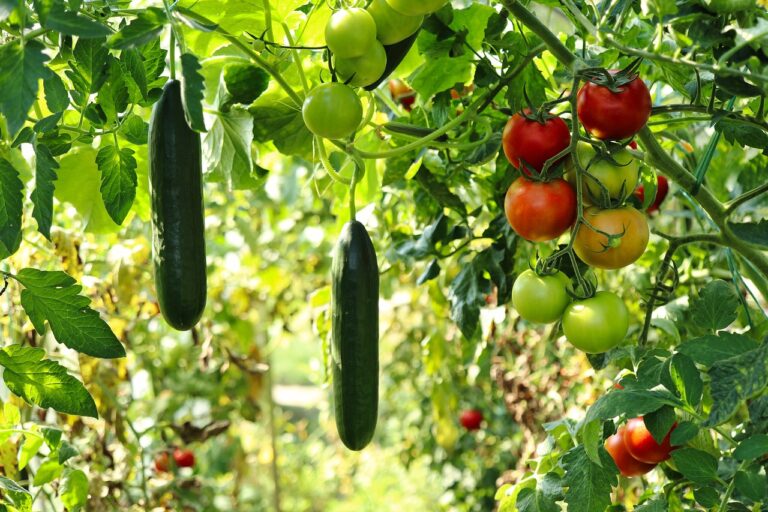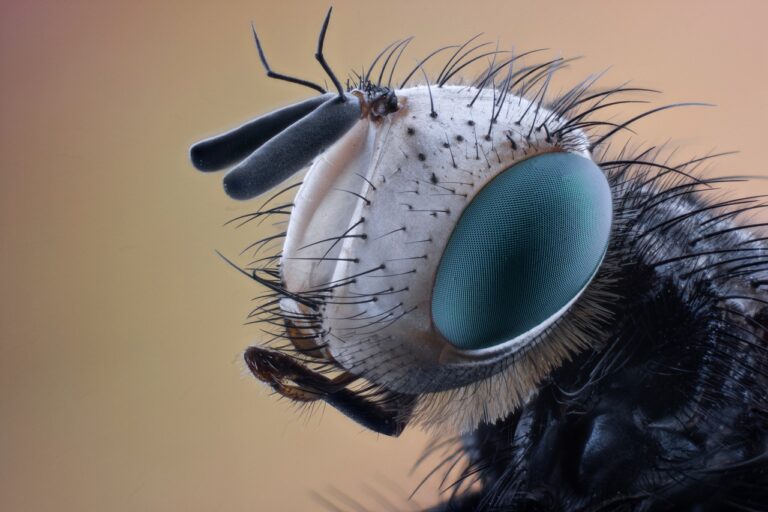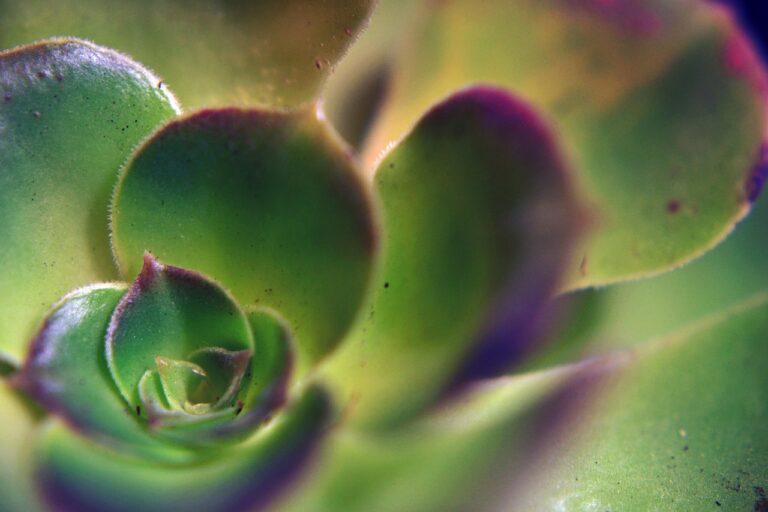The Essential Guide to Perennials: Enhance Your Garden with Lasting Blooms
Perennials are the backbone of any thriving garden, offering a continuous display of beauty and diversity year after year. Whether you’re a seasoned gardener or just starting out, understanding perennials will help you create a vibrant and sustainable landscape.
Types of Perennials
Evergreen Perennials:
- Retain their foliage throughout the year
- Examples: Hostas, Ferns, Boxwood
Deciduous Perennials:
- Lose their leaves during the winter
- Examples: Coneflowers, Daylilies, Astilbes
Biennials:
- Live for two growing seasons
- Example: Foxgloves
Benefits of Perennials
- Long-lasting beauty: Perennials bloom year after year, providing continuous color and interest.
- Low maintenance: Once established, perennials require minimal care and maintenance, making them a cost-effective choice.
- Habitat for wildlife: Their nectar and foliage attract butterflies, hummingbirds, and other beneficial insects.
- Naturalization: Some perennials can spread and naturalize, creating self-sustaining habitats.
- Variety of sizes and shapes: Perennials come in various sizes and forms, from groundcovers to tall spires, adding diversity to your garden.
Choosing the Right Perennials
- Climate zone: Consider your local climate zone to select perennials that will thrive in your area.
- Soil conditions: Determine the pH and drainage of your soil to match it with species that will perform well.
- Light requirements: Choose perennials based on the amount of sunlight available in your garden.
- Size and shape: Consider the desired size and shape of the perennials to fit your garden’s layout.
- Bloom time: Plan for a succession of blooms by selecting perennials with different flowering periods.
Planting and Care
Planting:
- Dig a hole twice as wide as the root ball and just as deep.
- Amend the soil with compost or organic matter.
- Plant at the same depth as it was in the container.
Watering:
- Water deeply and regularly, especially during the first growing season.
- Mulch around the plants to retain moisture and suppress weeds.
Fertilizing:
- Fertilize perennials annually in the spring or fall.
- Use a balanced fertilizer that meets the specific needs of the plant.
Dividing:
- Divide perennials every 3-5 years to prevent overcrowding and promote vigor.
- Dig up the plant, separate the roots, and replant them.
Conclusion
Perennials are the foundation of a beautiful and sustainable garden. By understanding their types, benefits, and care requirements, you can create a vibrant and ever-changing landscape that will delight you for years to come. Embrace the beauty and practicality of perennials and enjoy their continuous blooms season after season.

























